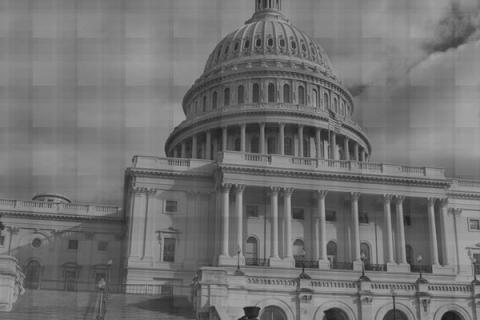In 2008, more than half a billion dollars was donated to help elect California lawmakers, with another $360 million going to support or oppose the state’s various ballot measures. By anyone’s reckoning, these totals are staggering, and are unlikely to shrink in the future, given the costs of running political campaigns in the state. Worse, it is clear that money has become the principle means of achieving access to legislators and the resultant influence so coveted by lobbyists.
Despite an overwhelming desire among voters to reduce the impact of money on the political process, changing the current rules has proven to be a tough sell. For big spenders – corporations and non-governmental organizations with much to gain (or lose) on Election Day – campaign financing opens the doors needed to impact legislation. For individuals, campaign contributions are an expression of support and commitment for a politician or a political position. These means of self-expression through campaign contributions are protected by the Constitution, according to the Supreme Court, which equated them with free speech in its Buckley vs. Valeo decision (1976).
It is unlikely that the courts will change their minds on this issue in the near term. Yet news stories and felony charges against public officials support the conventional wisdom that campaign financing is rife with corruption and provides an unfair advantage to well-funded special interest groups and an incentive toward sleazy lobbying tactics.
How can what is perceived as so wrong with the system remain so ingrained in it?
Perhaps it is because the effort to manage and control campaign financing has been focused on the “giving” aspects rather than the “spending” rules. Essentially, spending money by candidates is no-holds-barred territory, wherein the tit-for-tat nature of competition constantly escalates the game. What would happen if instead of limiting contributions, the government severely restricted spending by candidates? Such a system is used in other countries (such as France), and has shortened campaigns and forced influence peddling into the shadows.
While the French system focuses on spending limits, it also restricts contributions by individual citizens, and forbids donations by groups or organizations. They key to the French system is rigid enforcement of the rules, which can include disqualification of candidates who violate the policies. For California to pursue a similar system, it would require a much more elaborate enforcement bureaucracy than currently exists, a greater reliance on public financing and possibly a change in the U.S. Constitution that would separate the rights of free speech from campaign funding.
The possibility of making this level of change to the California and U.S. systems of campaign financing appears remote, and most efforts thus far have been spent on so-called “clean money” campaigns, which seek public financing of elections. Such campaigns have largely failed to generate support for two reasons: first, too few people are willing to voluntarily contribute to the fund itself; and, second, politicians have been able to collect so much money through their own fund-raising efforts that the public financing option, with its restrictions and limitations, has not proved viable.
There is also the “soft money” problem, in which non-party affiliated organizations can spend unrestricted amounts on behalf of a candidate or an issue.
Our political parties and the communities of interest surrounding them are addicted to spending money, and therefore are beholden to contributors. Opponents to campaign finance reform include not only special interest groups and highly funded profit-making and non-profit organizations, but also the beneficiaries of political spending such as media outlets that profit from multi-million dollar campaign advertising budgets. Stepping above the fray and creating a solution to this issue will take a statesman-like effort from individuals who not only have the expertise, but whose self-interest lies in maintaining the status quo. Rather than academicians or celebrities, individuals from the top tier of organizations that profit the most from campaign financing will have to be the champions of campaign finance reform.
Leaders of media organizations, the pharmaceuticals industry, and diverse special interest groups representing issues such as “choice vs. right to life”, the right to bear arms and environmental concerns will have to come together for the good of the state and the nation to make the change needed for true reform of our political spending addiction.
